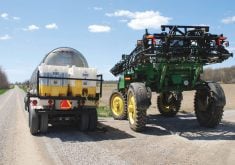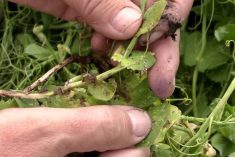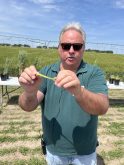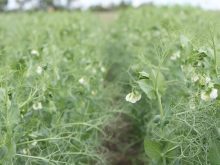SASKATOON — Farmers Business Network Canada says it can help fill the void left by AgraCity in the generic crop protection product business.
“We’re here to help, and we do have some supply for those who need it,” said FBN country manager Breen Neeser.
FBN provides direct-to-farm delivery of generic crop protection products to its more than 9,000 Canadian members.
Read Also
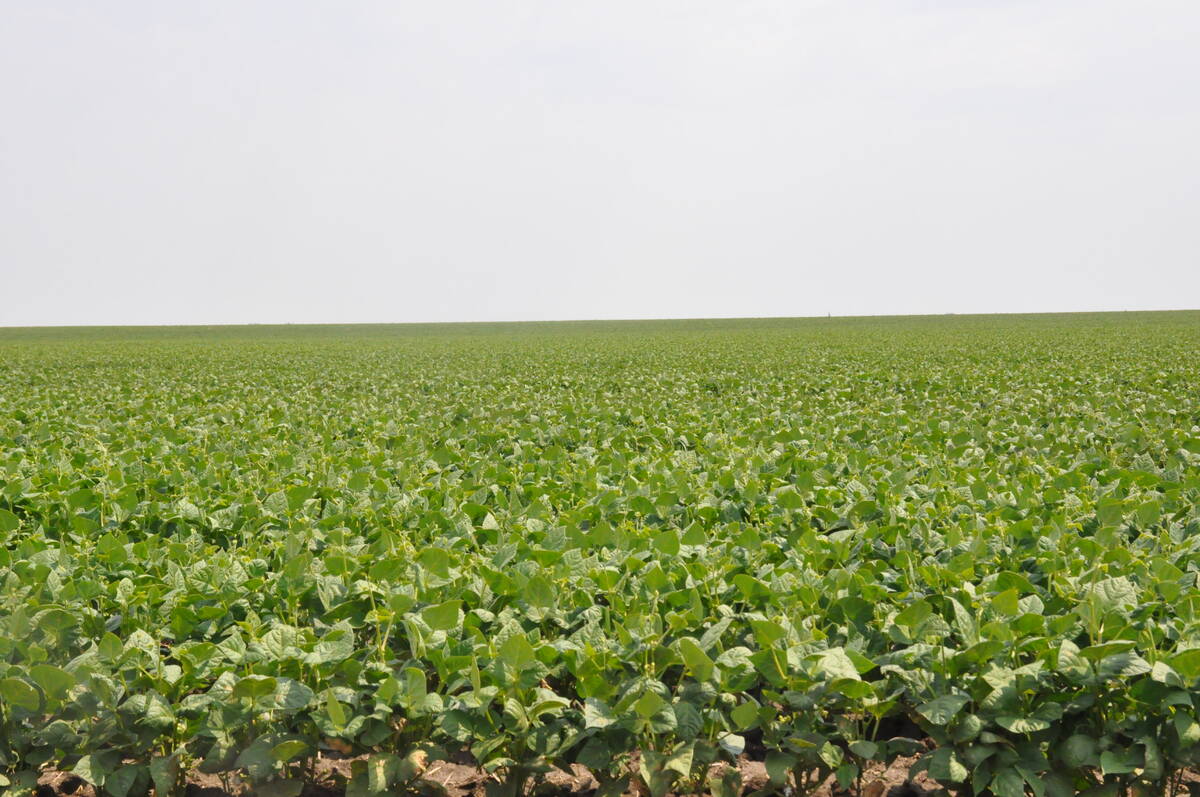
Coloured bean production down, whites are up
Bean prices have been slumping and the outlook is for more of the same.
The company said it can fill the void left by AgraCity, which recently sent a letter to its farmer customers saying it is unable to deliver outstanding product this spring due to “cash flow issues” while it is seeks refinancing.
Neeser said FBN and AgraCity, which provides product to members of Farmers of North America (FNA), are two of the best known generic chemical providers operating in Canada.
He credited FNA with being one of the first companies to bring generic chemical products to Canada and said it is a tragedy that its spin-off is experiencing financing problems.
“It’s not great news, and I hope they get their situation figured out,” said Neeser.
FBN has been receiving calls from AgraCity customers looking for replacement generic glyphosate.
He believes FBN has enough excess product to meet the needs of AgraCity customers for the 2025 season unless there is a lot of stockpiling for future crop years.
The urge to stockpile might not be as pronounced as it has been recently because glyphosate prices have bounced back a bit after sitting at historically low levels.
Nigel Buffone, FBN’s senior director of crop protection in Canada, said the price of potassium hydroxide has gone up. It is one of the main ingredients in glyphosate.
Container prices have also doubled, which is hiking up the cost of the popular farm chemical.
However, it is still selling for $5 to $6 per litre, which is less than half of what it sold for during the COVID years.
Supply availability will determine the fall price. Buffone believes glyphosate values are more likely to stay flat or rise rather than drop.
Neeser said growers may decide to stockpile product if they think tariffs or rising ocean freight rates and truck transportation costs will drive prices higher.
FNA president Jim Mann estimates that generic crop protection products save Canadian farmers about $1 billion per year.
Buffone doubts it is that high because the entire Canadian crop protection market is worth about $4 billion annually. However, he thinks the savings could eventually reach the $1 billion mark as the popularity of generics expands.
One FBN customer told him she used to pay $241,000 per year on crop protection products. That bill shrunk to $70,000 after replacing most of those products with FBN generics.
Neeser said herbicides are by far the biggest seller, but the crop protection category also includes fungicides, insecticides, adjuvants, surfactants and other products.
He doesn’t know how long AgraCity will be on the sidelines because he is not privy to the company’s finances.
He said agribusiness companies can find alternative financing, but that could take months, or it might not happen at all.
“We hope they get their situation rectified,” said Neeser.
The situation could give rise to other competitors, but Neeser said it is one thing to bring a generic product into Canada. It is quite another to warehouse that product and deliver it to farmers in a timely manner.
“There’s not a lot of people trying to do this,” he said.





